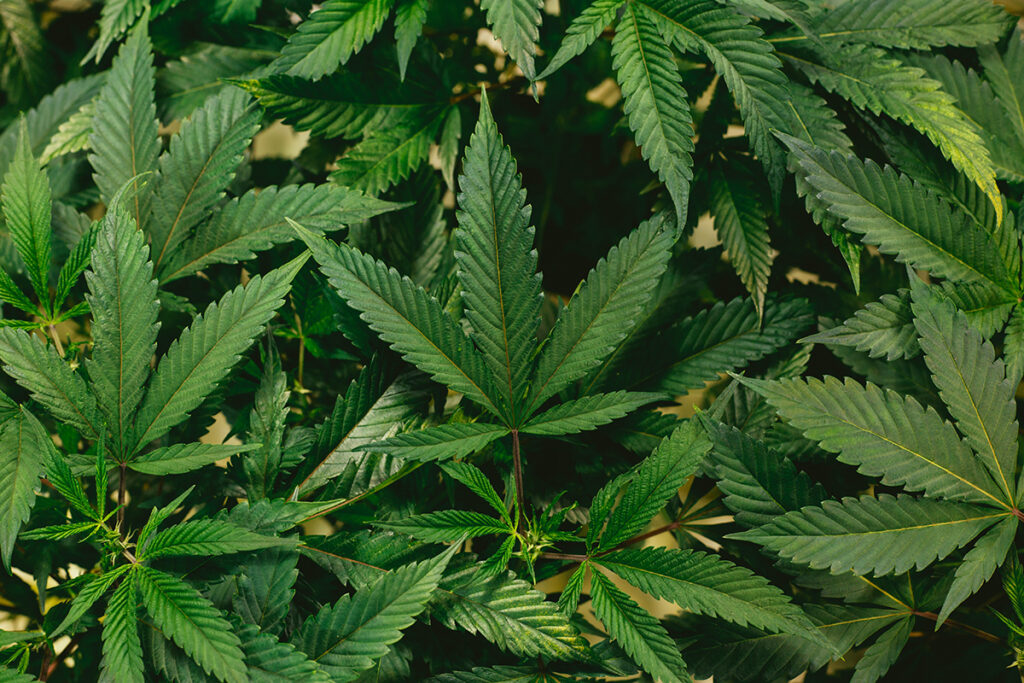As of today, there are only 12 states in the U.S. where marijuana remains illegal. 38 states have legalized medical marijuana, and 19 of those states have also legalized marijuana for recreational use. And our neighbors to the north, Canada, have made cannabis legal nationally. Given the national and even international, momentum toward legalization, we will most certainly be faced with the consequences of increasingly widespread cannabis use in the years to come. Because of this, I think it is important that all the facts are out there, and that we are having honest conversations about marijuana.
It is certainly not my intent to judge here. I know there are many out there, including many of you reading this blog, who are current and former users of marijuana. I realize that there are many users whose experiences have not been terrible, or maybe have even been positive. I recognize that many patients have benefitted from some of the medicinal and pain relief properties associated with marijuana. But I need to share with you some facts that just may make you rethink your position on smoking weed, especially as a recreational substance.
I would argue that the most important point we need to make in our discussion about marijuana is that it is not as benign a drug as many are making it out to be. The National Library of Medicine references multiple studies that point to a causative relationship between cannabis use and schizophrenia. Other studies reviewed by the American Academy of Family Physicians report that people who use marijuana regularly are up to 6 times more at risk for developing schizophrenia and that even low levels of marijuana use can lead to increased apathy and loss of initiative. A more recent article published in Family Practice News points out evidence of long-term use of marijuana leading to an increased risk of developing dementia, memory problems, and a diminished IQ. Most major medical associations and institutions, including the Centers for Disease Control & Prevention (CDC), have come out with public statements advising against the use of recreational marijuana and/or pointing out its adverse effects and the significant increase in necessary medical intervention as a result of marijuana’s increased use and availability.
Our biochemical and genetic makeup can greatly influence how our bodies and brains react to marijuana. Some of us have dormant, disease-causing genes that can be triggered by chemicals present in marijuana smoke. This means that the adverse effects of marijuana are not limited to those who are heavy users of the drug. In people with some specific biochemical challenges, just occasional use can lead to serious and unanticipated complications. Unfortunately, we are seeing more and more evidence of these cannabis-induced challenges in our practice at Mensah Medical. We have recently treated several patients, young males in particular, who make appointments with us because of emerging symptoms of schizophrenia, and quite typically, many of them recently began using marijuana. We are also starting to see more frequent instances of cognitive impairment among some of our older patients who admit to being long-time marijuana users. Our practice is experiencing, firsthand, the very results that so many of the above-mentioned studies are reporting.
We at Mensah Medical absolutely understand, and even appreciate, the motivations behind the push for cannabis legalization. There are certainly financial benefits to taxing a very robust market. There is significant value in decriminalizing an industry that leads to the incarceration of a huge number of non-violent individuals, especially in minority populations. Perhaps the most pervasive and applicable argument for marijuana legalization is parallel with other “drugs” like alcohol and tobacco that are already legal. Those legal substances have their own, well-documented detrimental effects, yet they are not only legal but fully integrated into our societal norms (although less so with tobacco use in recent years). So people can argue, and have, why not marijuana?
The unfortunate reality is that marijuana is becoming more and more accessible, accepted, and even legal. In all likelihood, we are not far away from a social landscape where marijuana use will be not much different than alcohol or tobacco.



